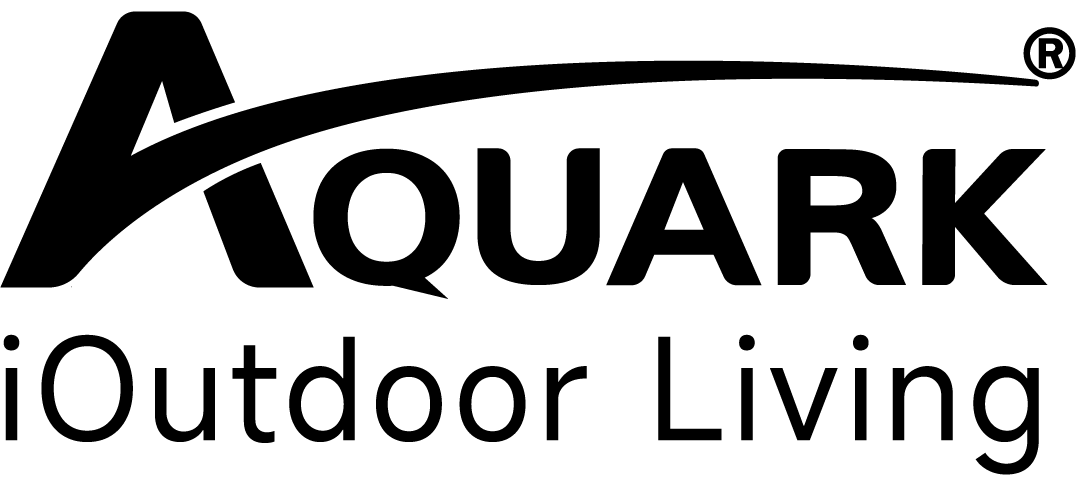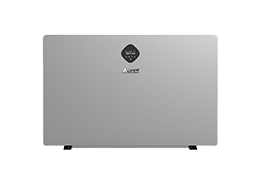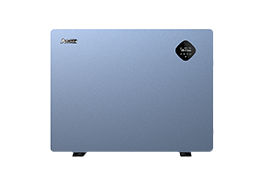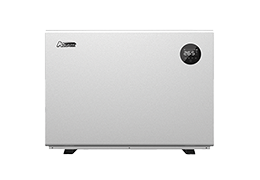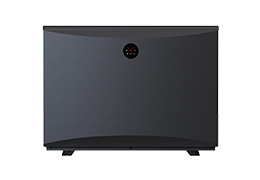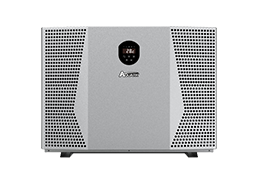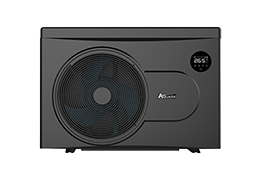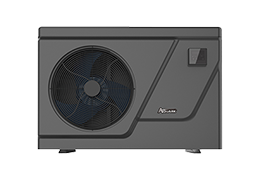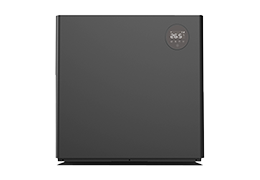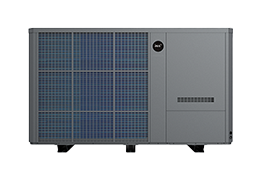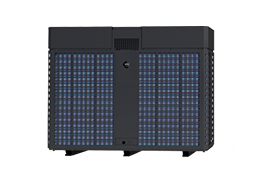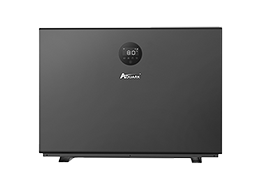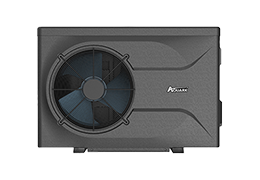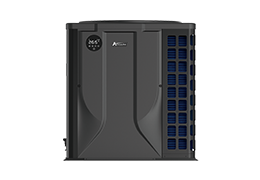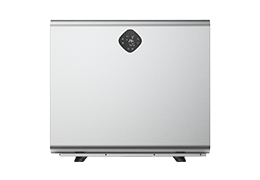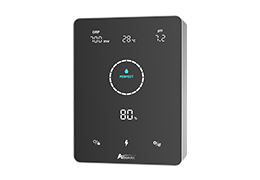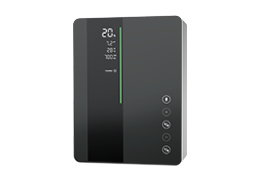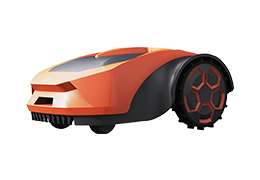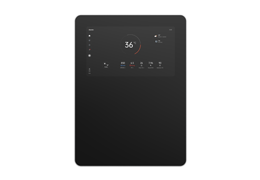Why did you buy swimming pool heaters? Maybe it’s because you don’t like swimming in cold pools. Don’t you think that the swimming pool season is too short? Right! You just want to extend the swimming pool season. This way you can stay in the pool on weekends in early April, October, and even November!
Anyway, today we introduce three main types of swimming pool heaters, including solar pool heaters, gas pool heaters and swimming pool heat pumps. We’ll look at how they work, their strengths and weaknesses.
First, solar pool heaters
Solar pool heaters work by transferring water from the pool to filter, shunting some of the water out through a set of solar collectors, and eventually returning the warm water to the pool.
How to choose a solar pool heater of the right size. Solar pool heaters require a lot of space in the yard. Solar collectors take up most of the surface area.
Solar pool heaters are great for heating swimming pools in warm climates. And it is very environmentally friendly and pollution-free. You have free energy. But it has its drawbacks. You need a lot of direct sunlight, depending on weather conditions. Otherwise, you need an alternative heating system. And there’s a lot of upfront fees. Repayment may take years. Don’t forget, it takes up a lot of space in your backyard.
Secondly, gas pool heaters
Gas pool heaters use natural gas or other natural energy sources. The water is heated by burning through the heat pipe of the combustion chamber and then returning to the pool. Very simple, burn! The type of fuel you use depends on the availability and price of the fuel in your area.
Gas pool heaters have the advantage of apparently being able to heat water quickly at more severe temperatures. And heaters are cheap to buy. Weaknesses? If you don’t care about safety and the non-environmentally friendly emissions after burning, as well as your energy bill and even the life of the heater. You can choose gas pool heaters. If it were me, I would never consider it.
Finally, swimming pool heat pumps
The water in the pool passes through your heat pump. The fan sucks in air from the outside and directs it to the inside. There is a liquid refrigerant, which absorbs heat from the air and turns it into a gas. The gas leads to the compressor, which increases the heat and then passes through the condenser. The condenser sucks up hot gas and transfers heat to pool water.
Swimming pool heat pumps cost more than gas pool heaters. But because it can take advantage of the heat in the air, it can transfer several times more heat to the heated pool water with very low power. This greatly saves the running cost of the heater.
The advantages of swimming pool heat pumps are obvious. It is environmentally friendly and uses renewable energy. Low running cost and long life. And it doesn’t depend on sunlight, unless you want to use it at very low temperatures. Although it is heating the pool faster than expected. Sure, it’s a little more expensive to buy, but you can save enough running costs in about a year or two.
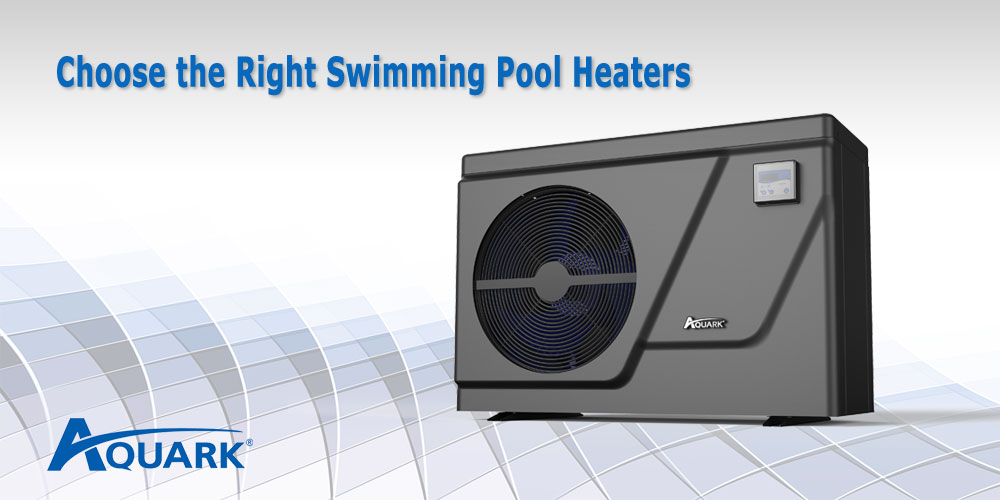
The best pool heater for you
The choice of pool heaters depends on where your pool is. If you have good energy options, you can use a gas pool heater. If you have good sunlight, you can use solar pool heaters. If the sun condition is not good enough, but you replace the existing heater with a solar system, I suggest you choose the swimming pool heat pump as the backup heating system to use in combination.
Of course, there are reasons to recommend the environmentally conscious you choose the energy saving inverter pool heat pump.
